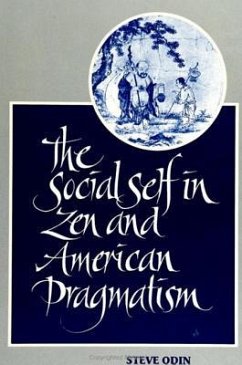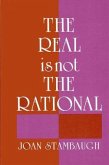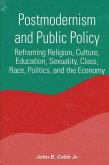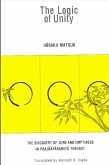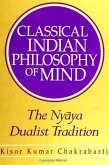The thesis of this work is that in both modern Japanese philosophy and American pragmatism there has been a paradigm shift from a monological concept of self as an isolated "I" to a dialogical concept of the social self as an "I-Thou relation," including a communication model of self as an individual-society interaction. It is also shown that for both traditions all aesthetic, moral, and religious values are a function of the social self arising through communicative interaction between the individual and society. However, at the same time this work critically examines major ideological conflicts arising between the social self theories of modern Japanese philosophy and American pragmatism with respect to such problems as individualism versus collectivism, freedom versus determinism, liberalism versus communitarianism, and relativism versus objectivism.
Hinweis: Dieser Artikel kann nur an eine deutsche Lieferadresse ausgeliefert werden.
Hinweis: Dieser Artikel kann nur an eine deutsche Lieferadresse ausgeliefert werden.

